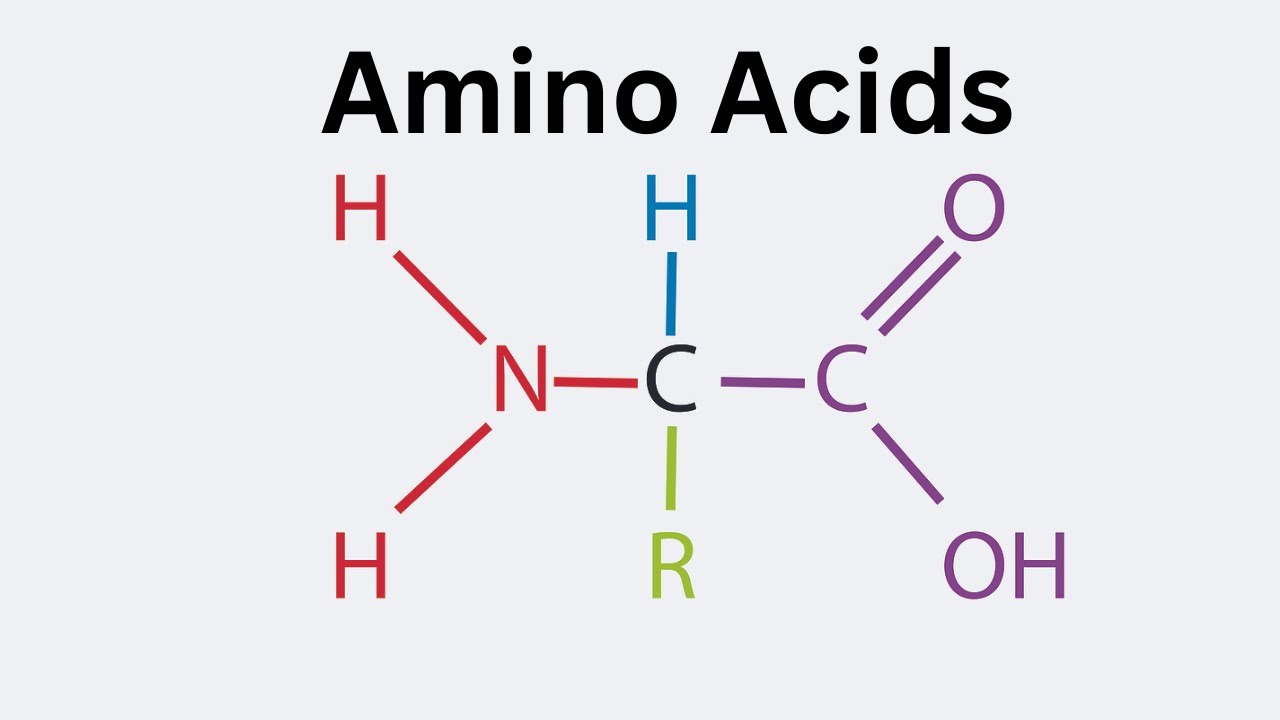Amino acids are the building blocks of proteins and play an important role in various physiological processes, including muscle function, bone health, skin health, and brain function. There are 20 different amino acids that are commonly found in proteins, with each amino acid having a unique chemical structure and properties.
Proteins are made up of long chains of amino acids that are linked together by peptide bonds. When these bonds are broken down, the individual amino acids can be used to build new proteins or utilized for other purposes within the body.
Amino acids can be classified into two categories based on their chemical properties: essential and non-essential. Essential amino acids cannot be synthesized by the body and must be obtained through the diet, while non-essential amino acids can be synthesized within the body from other amino acids.
Consuming a balanced diet that includes adequate amounts of all essential amino acids is crucial for maintaining optimal health and preventing deficiencies. Amino acid supplements may also be recommended in certain situations, such as for individuals with special dietary requirements or those undergoing medical treatments that disrupt protein metabolism.
It’s important to note that excessive consumption of certain amino acids can have negative effects on health, so it’s important to consume them in moderation as part of a balanced diet. Additionally, some amino acids may interact with medications or other substances, so it’s always best to consult with a healthcare provider before taking any supplements or making significant changes to your diet.

